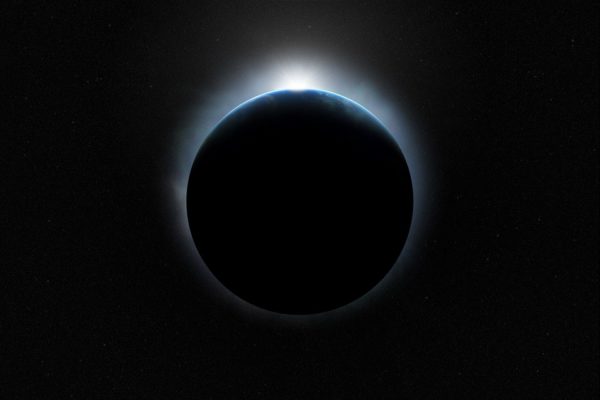
We have not one but two new theories for you about the solar system’s long-theorized and mysterious Planet Nine:
Does the solar system have a big, dark ninth planet drifting somewhere far beyond the orbit of Neptune?
Planet 9 Probably Doesn’t Exist
Since 2016, many astronomers have said it’s possible, pointing to evidence for a large gravity source in deep solar space. But a new paper argues that this gravity source is nothing more than a statistical mirage, the consequence of where in the night sky astronomers point their telescopes. The first physical(CK) hint of this hypothetical Planet Nine was a group of space rocks with similar orbits that seemed to be clustered unusually close together. These dim, distant, hard-to-spot objects orbit beyond Neptune and are known as “trans-Neptunian objects” (TNOs).
Because these frigid little worlds in the far-outer solar system reflect such little sunlight, they tend to blend into the brighter background of stars and galaxies that occupy most astronomers’ attention, and only a handful have ever been identified and catalogued. (The most famous of these is the demoted dwarf planet Pluto, which orbits relatively close to the sun compared with many of its TNO cousins.)
Planet Nine Could Be a Baby Black Hole
Some astronomers believe there is a massive planet, far beyond the orbit of Neptune, orbiting the sun — but after years of searching, scientists have not found this theoretical world, which they’ve dubbed “Planet Nine.”
This has spurred theorists to consider a radical hypothesis: Perhaps Planet Nine is not a planet but rather a small black hole that might be detectable from the theoretical radiation emitted from its edge, so-called Hawking radiation.
For centuries, astronomers have used variations in planetary orbits to predict the existence of new planets. When a planet’s orbit doesn’t quite line up with predictions based on everything else we know about the solar system, we need to update our physics (by, say, getting a better theory of gravity) or add more planets to the mix. For example, scientists’ inability to accurately describe Mercury’s orbit eventually led to Einstein’s theory of relativity. And, on the opposite end of the solar system, strange behaviors in the orbit of Uranus led to the discovery of Neptune.


